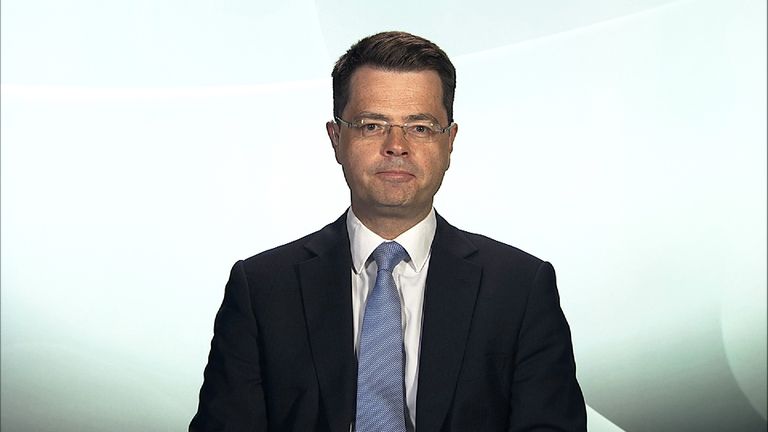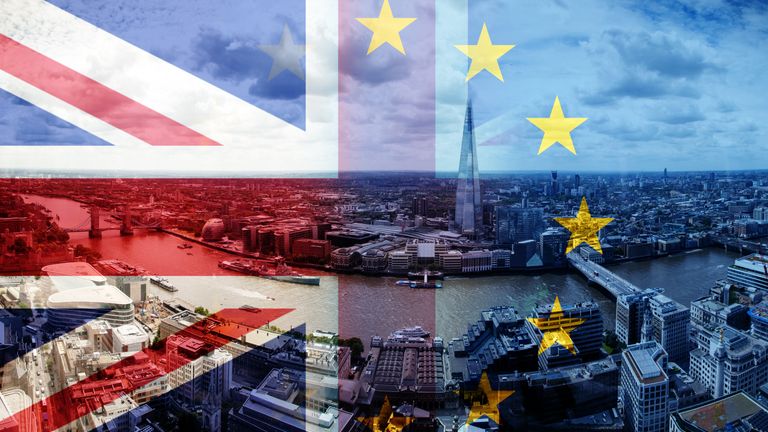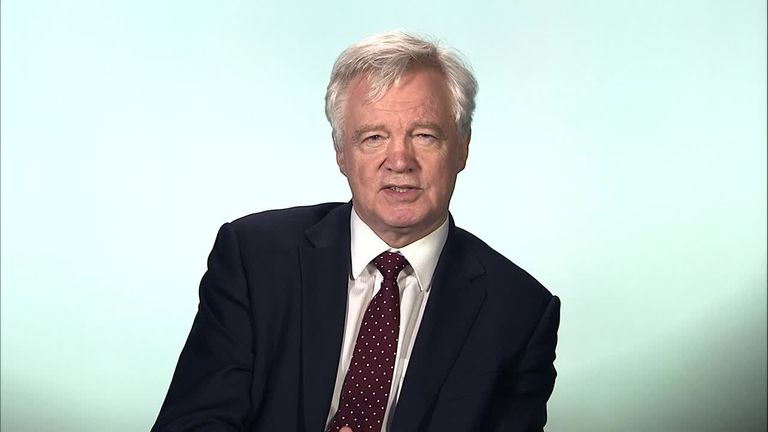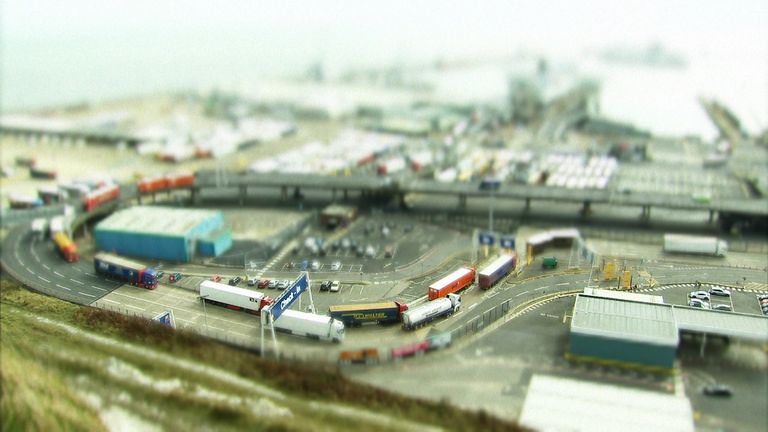Why we could end up with a creme brulee Brexit - soft, with a hard top
The Govt is toying with a softer Brexit with a hard top - but one man's creme brulee is another's burnt cream, says Faisal Islam.
Wednesday 16 August 2017 20:40, UK
The Government Brexit papers on Northern Ireland and on customs are important for what they rule out and what they are trying to do.
On Northern Ireland there is more flesh on the bones, but the basic ask is this: help us to maintain the same border arrangements as exist right now. Yes there will be a customs border, but of the entirely virtual sort.
In theory, that means not even cameras and number plate recognition. For most people, the Irish border will remain the same - no checks, and no physical infrastructure.
For small "trusted" traders there will be no checks at all. On the crucial agri-food trade, regulatory equivalence in Northern Ireland with Irish (and so EU) standards for the purpose of avoiding any border checks.
The paper rules out a change on the UK side of the border and moving the border to the Irish Sea.
The net effect of this is to shift the burden of making this work to Dublin and Brussels. Any hardening of the border to maintain the uniformity of the customs union and single market is for Dublin and Brussels, who will then get the blame.
There are two other diplomatic plays here. First the Department for Exiting the European Union (DExEU) makes clear that it can only conclude progress on Northern Ireland by first opening up initial talks on the future partnership.
There is some logic to this. Northern Ireland's border arrangements cannot be seen separately to the overall customs and economic relationship with the EU.
Second, a desire for a "softer" solution on customs on Northern Ireland could be being used as a wedge for the wider UK-EU deal. What goes at Derry might be a precedent for Dover, perhaps?
The Irish government was quick off the mark in acknowledging this: "We won't be pawns" in the wider agreement, said Irish Foreign Minister Simon Coveney, responding to the paper.
He said that some progress had been made, and claimed credit for a tough stance taken by Dublin against a "technological solution" to the border.
But though there was "lots of good stuff" in terms of intentions to stay very close to the customs union, for example - the simplest way to solve the issue - some of the solutions outlined by London were "completely unworkable".
Likewise, yesterday's customs paper is a necessary condition for today's Northern Ireland one.
It rules out almost nothing other than remaining in the European Union and its existing customs union.
The spectrum of possible outcomes by 2021 as regards customs arrangements ranges from cliff-edge, no-deal Brexit with border checks and tariffs to, if necessary, a multi-year transition in a customs union with the European Union, closer than the current Turkish arrangements.
The paper suggested one form of this customs arrangement would in fact be even closer to the EU than Turkey, covering "all goods".
The Irish see the idea of enforcing different tariffs across the EU and UK with a series of rebates as "unworkable".
Equally, what happens to the ability for Liam Fox to offer UK agriculture as a single market in trade negotiations if Northern Irish farm and food standards are permanently tied to EU ones?
And what of enforcing restrictions on freedom of movement if EU citizens are all at liberty to fly to Dublin and walk into the UK? Immigration will not be enforced at the border, is the apparent answer.
So the ball is now in Brussels' court, and with business interests.
The Treasury has chalked up a victory with a time-limited but long transition period very close to the customs union, without the ability to implement trade deals.
All in all, the papers show the Government toying with a softer Brexit that can be sold as hard on top - a creme brulee Brexit, you might say.
The problem is that one man's creme brulee is another man's burnt cream.








